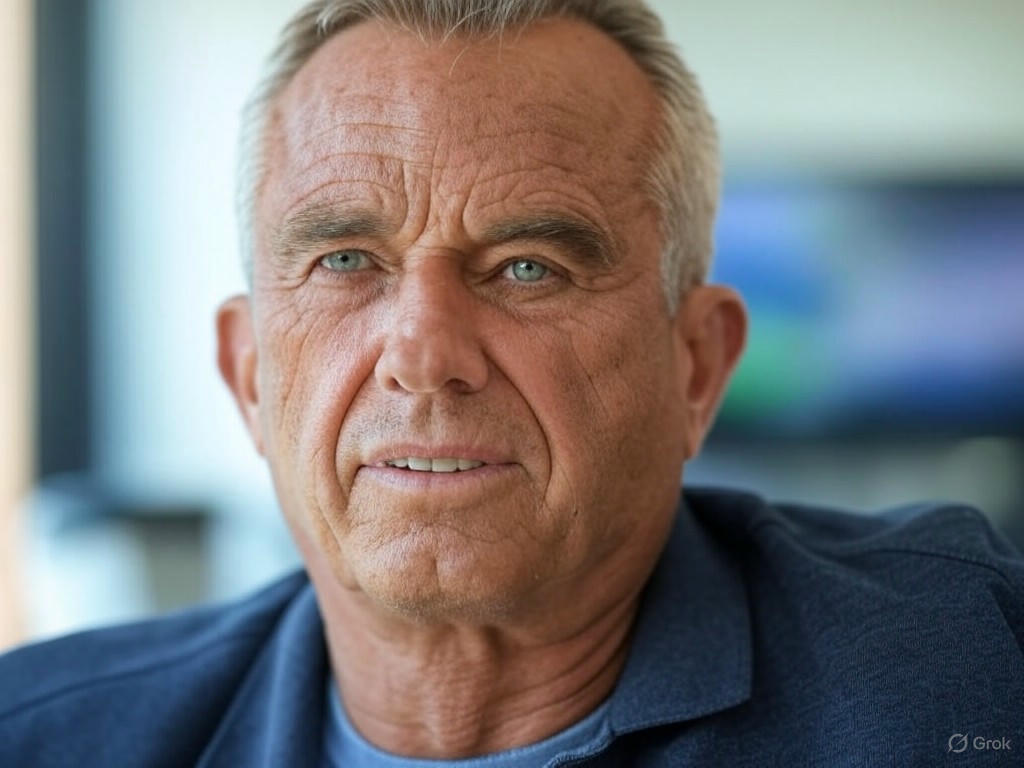In a move that has sparked both curiosity and concern, Robert F. Kennedy Jr. is advocating for a seismic shift in the landscape of healthcare by promoting easier access to alternative treatments. His vision, recently brought to light, centers on reducing regulations around therapies like stem cell treatments and chelation therapy, which have long existed in a gray area of medical practice. This push raises critical questions about the balance between personal freedom in healthcare choices and the potential risks of unproven methods.
For years, alternative medicine has been a polarizing topic. Supporters argue that individuals should have the autonomy to explore non-traditional treatments, especially when conventional medicine fails to provide solutions. Therapies such as stem cell injections, often touted for their regenerative potential, and chelation therapy, which claims to remove heavy metals from the body, have garnered a dedicated following despite limited scientific backing. RFK Jr.’s stance aligns with this perspective, emphasizing the need to dismantle barriers that prevent patients from accessing these options. He believes that current regulations stifle innovation and limit hope for those with chronic or untreatable conditions.
However, the medical community is sounding the alarm. Many experts caution that deregulating these therapies could expose vulnerable individuals to significant harm. Without rigorous clinical trials and oversight, treatments may not only fail to deliver promised results but could also lead to severe side effects. Stem cell therapies, for instance, have been linked to complications like infections or unintended tissue growth when administered improperly. Similarly, chelation therapy, while sometimes used for specific conditions under medical supervision, carries risks of kidney damage and other adverse effects when misused. Critics argue that opening the floodgates to such practices without stringent safeguards prioritizes ideology over patient safety.
The debate also touches on broader ethical concerns. Should personal choice trump scientific consensus in matters of health? While RFK Jr.’s advocacy may resonate with those frustrated by the slow pace of medical advancements, it challenges the foundational principles of evidence-based care. The potential for exploitation is another worry, as unregulated markets could enable profiteers to peddle ineffective or dangerous treatments to desperate patients. Striking a balance between innovation and protection remains a complex puzzle, one that policymakers and healthcare providers will need to address in light of this controversial proposal.
As this conversation unfolds, the public is left to grapple with the implications of a healthcare system that may soon look very different. RFK Jr.’s push for alternative medicine could herald a new era of patient empowerment, but it also underscores the urgent need for education and oversight. Whether this bold move will lead to groundbreaking discoveries or unintended consequences remains to be seen. For now, the spotlight is on how society navigates the fine line between freedom and responsibility in the pursuit of healing.
